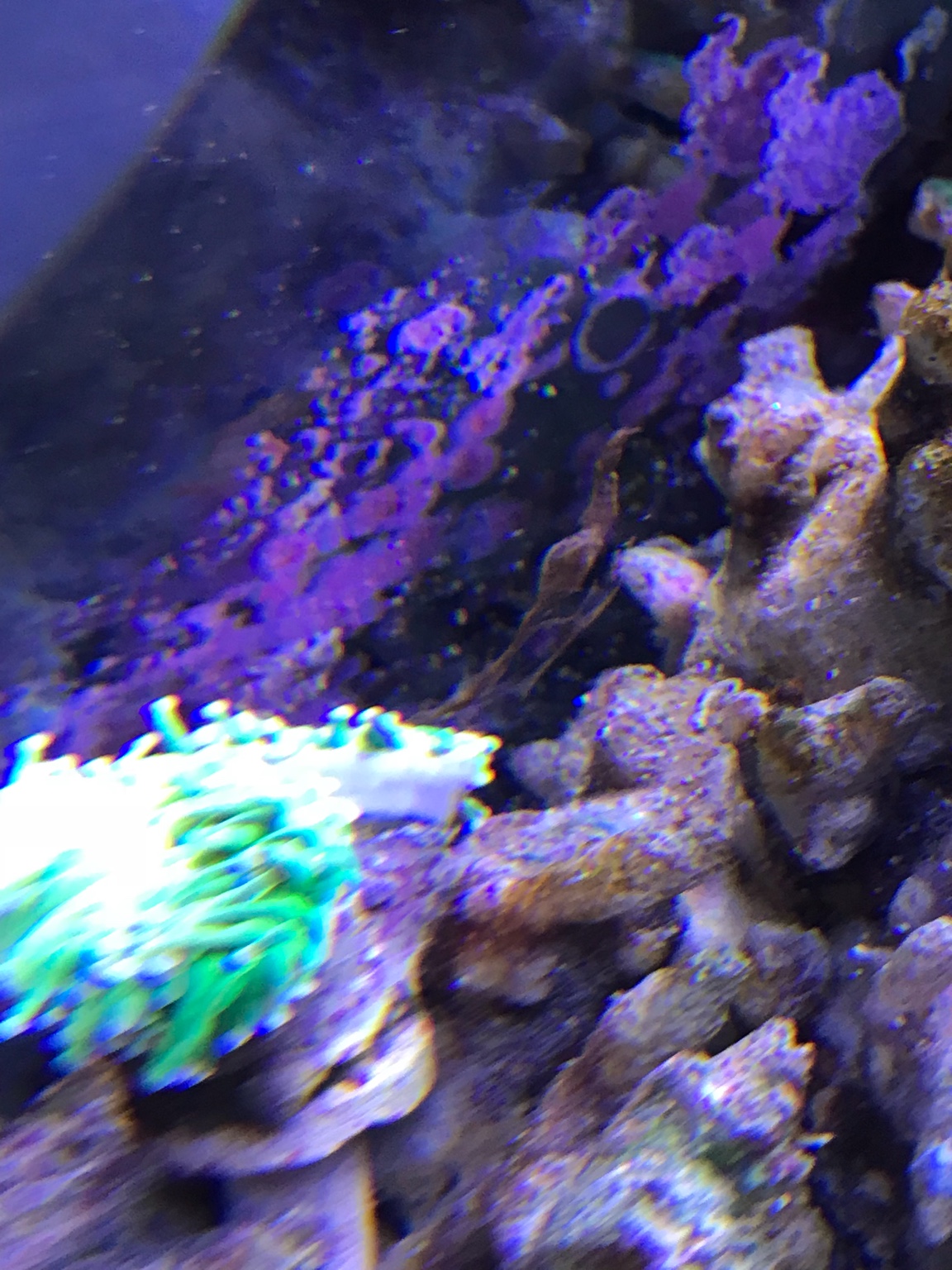What’s going on here?


Follow along with the video below to see how to install our site as a web app on your home screen.
Note: This feature may not be available in some browsers.


What are your parameters and what lighting are you using? It doesn't look happy.

Yes, all your parameters. Salinity, ammonia, nitrite nitrate, phosphate, calcium, mag, alkalinity ect...Mg, ca, kh, phosphate, nitrates?
Could be. I noticed mine do something similar when i move them or ramp intensity up (zoox maybe not sure) that's why i asked.It looks like it is expelling waste. Imo
I wouldn't worry. I have no idea what it is or what causes it. But I have had two torches do the exact same thing. The first one would do this maybe once or twice a month. ppl told me it wasn't happy and it was dying that I should worry. That my parameters were off. Well the first one grew so much I had to switch it out. His "tenticals" would extend close to 5-6 inches. So I switched him out and my new one does the exact same thing. I honestly think it's just going to the bathroom. I do feed my torches pellets and shrimp. And use marine snow and add amino acids. It looks scary and the first time it happened i freaked out. The entire head almost shrivels up completely and out of the mouth comes a long stringy mucas brown substance. I have seen each head do this and when it's done the coral goes right back to normal. Don't stress. I'm no expert but it never seemed to become a major issue. My torch went from two heads to 5 complete heads and 2 new ones startingwhen I traded him in 6 months later.

Water parameters are ok. So it is settle down in its new place and it seems the brown thing is wasteThanks all. I doubt it’s parameters, I’m pretty stable but numbers are below for reference. I moved him about a week ago but same height in the tank, same area, same flow, just further from other corals. Same lights I’ve had for years - current USA marine orbit.
Parameters:
Alk 10.5
Mg 1400
Ca 480
pH 8.05
Nitrate and phosphate 0
Salinity 1.025
It looks like it is expelling waste. Imo
Seems to be rebounding! Still not opening fully but definitely better than worse. Thanks!How is acting this torch? Is it better?
Seems to be rebounding! Still not opening fully but definitely better than worse. Thanks!
